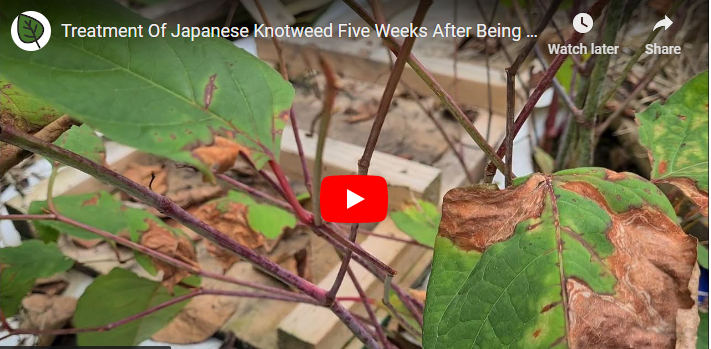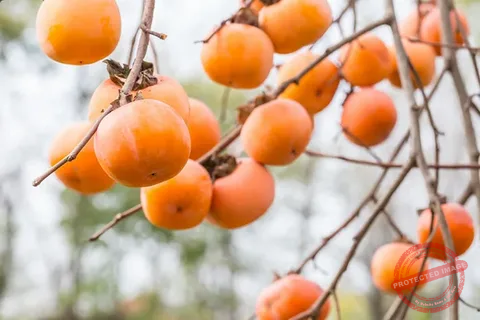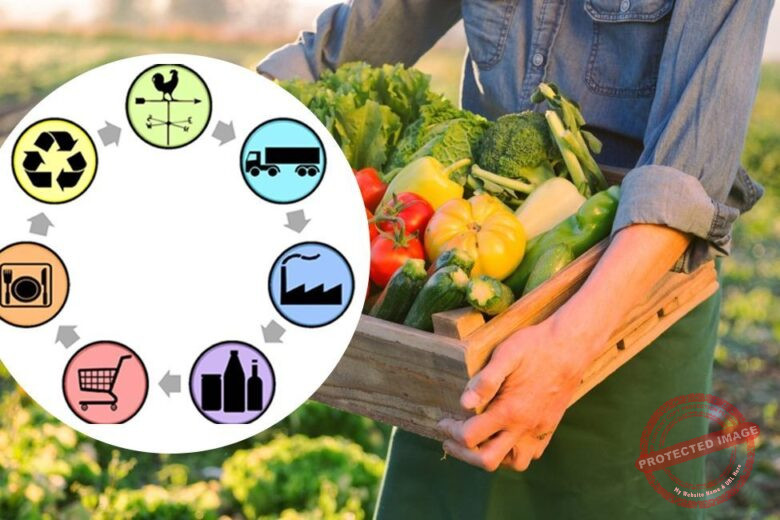Rice is a staple food for a large portion of the world’s population. To ensure optimal growth and yield, it is essential to provide the right nutrients to rice plants. Fertilizers play a crucial role in supplying these nutrients.
The best fertilizer for Rice are Potassium Chloride, Superphosphate, Ammonium Nitrate, Urea, Compost, Fish Emulsion, Bone Meal, Seaweed Extract, and Blood Meal.
There are various types of fertilizers available, including organic and inorganic options. In this article, we will explore the 15 best fertilizers for rice, covering both organic and inorganic varieties. Whether you’re a farmer or a home gardener, this comprehensive guide will help you make an informed choice for your rice crop.
15 Best Fertilizers for Rice [Organic & Inorganic Fertilizers]
When it comes to fertilizing rice crops, you have two main options: organic and inorganic fertilizers. Let’s explore the 15 best fertilizers for rice, divided into these two categories.
Read Also: 15 Best Fertilizers for Groundnut [Organic & Inorganic]
Organic Fertilizers
Organic fertilizers are derived from natural sources and are often favored by farmers and gardeners who prefer a more sustainable approach to cultivation. Here are five excellent organic fertilizers for rice:
1. Fish Emulsion:
Fish emulsion is a popular organic fertilizer rich in nitrogen and other essential nutrients. It promotes healthy root development and enhances overall plant growth.
Read Also: 21 Best Fertilizer for Soybeans Organic & Inorganic: Maximizing Yield and Quality
2. Compost:
Compost is an excellent all-around organic fertilizer that improves soil fertility and enhances the nutrient-holding capacity. It releases nutrients gradually, providing a sustained supply to rice plants.
Read Also: 15 Best Fertilizers for Beans [Organic & Inorganic]
3. Seaweed Extract:
Seaweed extract is a natural fertilizer derived from seaweed. It contains essential micronutrients, growth hormones, and trace elements that stimulate rice plant growth and improve resistance to stress.
Read Also: The Ultimate Guide to Maize Fertilizer Schedule: Boost Your Crop’s Growth
4. Bone Meal:
Bone meal is an organic fertilizer made from ground animal bones. It is an excellent source of phosphorus and calcium, essential for strong root development and flowering in rice plants.
Read Also: 15 Best Fertilizers for Watermelon: Organic & Inorganic
5. Chicken Manure:
Chicken manure is a nutrient-rich organic fertilizer that provides a balanced supply of nitrogen, phosphorus, and potassium. It also improves soil structure and moisture retention.
Read Also: 12 Liquid Fertilizers for Maize: Boost Your Crop’s Growth!
Inorganic Fertilizers
Inorganic fertilizers are synthetic products manufactured through chemical processes. While they may not be as environmentally friendly as organic options, they can provide quick and targeted nutrient supplementation. Here are five effective inorganic fertilizers:
Read Also: 15 Best Fertilizers for Tobacco [Organic & Inorganic]
6. Urea:
Urea is a commonly used inorganic fertilizer that is high in nitrogen content. It promotes rapid growth and helps increase rice yield.
7. Ammonium Nitrate:
Ammonium nitrate is another nitrogen-rich fertilizer that provides readily available nitrogen to rice plants. It is known for its quick-release properties and can be beneficial during critical growth stages.
Read Also: Fertilizer Schedule for Tomatoes: Maximizing Your Tomato Harvest
8. Superphosphate:
Superphosphate is a phosphate-based inorganic fertilizer that supplies essential phosphorus to rice plants. It aids in root development, flowering, and seed formation.
9. Potassium Chloride:
Potassium chloride is a potassium-rich fertilizer that helps improve rice plant vigor and disease resistance. It plays a crucial role in overall plant health and contributes to better grain quality.
Read Also: Fertilizer Schedule for Lawns: A Comprehensive Guide to Achieving a Lush, Green Yard
10. Ammonium Sulfate:
Ammonium sulfate is a nitrogen and sulfur fertilizer that provides both nutrients to rice crops. It aids in protein synthesis, chlorophyll formation, and overall plant growth.
Now that we have covered the 15 best fertilizers for rice, let’s address some frequently asked questions about rice fertilization.
Read Also: Fertilizer Schedule for Sugarcane: Maximizing Yield with Proper Nutrient Management
Is organic fertilizer better for rice than inorganic fertilizer?
Both organic and inorganic fertilizers have their advantages. Organic fertilizers improve soil health and long-term fertility, while inorganic fertilizers provide quick and targeted nutrient supplementation. The choice depends on various factors, including soil condition, crop requirements, and environmental considerations.
Read Also: Fertilizer Schedule for Apple Trees: Optimal Nutrition for Bountiful Harvests
How often should I apply fertilizer to rice crops?
The frequency of fertilizer application depends on the specific fertilizer and crop stage. It is generally recommended to apply fertilizers in split doses, with the initial application during transplanting and subsequent applications during active growth stages.
Read Also: 15 Best Fertilizers for Apple and Pear Trees: Organic & Inorganic
Consult the fertilizer manufacturer’s instructions or seek advice from agricultural experts for precise recommendations.
Read Also: 15 Best Fertilizers for Cassava Farm [Organic & Inorganic]
Can I use organic and inorganic fertilizers together?
Yes, it is possible to use organic and inorganic fertilizers together. This approach combines the benefits of both types, providing a balanced nutrient supply to rice plants. However, it is essential to ensure proper dosage and avoid excessive application to prevent nutrient imbalances or environmental issues.
Read Also: 15 Best Fertilizers for Pepper [Organic & Inorganic]
What are the advantages of using fish emulsion as a fertilizer?
Fish emulsion is a beneficial organic fertilizer as it contains high levels of nitrogen, phosphorus, and trace elements. It promotes healthy root development, improves nutrient uptake, and enhances overall plant growth. Additionally, it contributes to soil fertility and microbial activity.
Are there any environmental concerns with using inorganic fertilizers?
Inorganic fertilizers, if used improperly, can have negative environmental impacts. Excessive application can lead to nutrient runoff, polluting water bodies and causing ecological imbalances. It is crucial to follow the recommended dosage, timing, and application techniques to minimize environmental harm.
How long does it take for fertilizers to show results in rice plants?
The time it takes for fertilizers to show results can vary depending on factors such as soil conditions, weather, and crop stage. Generally, visible effects can be observed within a few weeks of application, but it is essential to consider long-term benefits and continue proper fertilization throughout the growing season.
Conclusion
Choosing the right fertilizer is crucial for promoting healthy growth and maximizing yield in rice crops. Whether you prefer organic or inorganic options, the 15 fertilizers mentioned in this article provide excellent choices for nourishing your rice plants. Remember to consider factors such as nutrient requirements, soil conditions, and environmental considerations when making your selection. By providing the necessary nutrients, you can ensure optimal growth, improve grain quality, and contribute to sustainable rice cultivation.



![How To Buy Farmland For Investment [Farmer’s Guide]](https://agrolearner.com/wp-content/uploads/2024/01/Farmland.jpg)